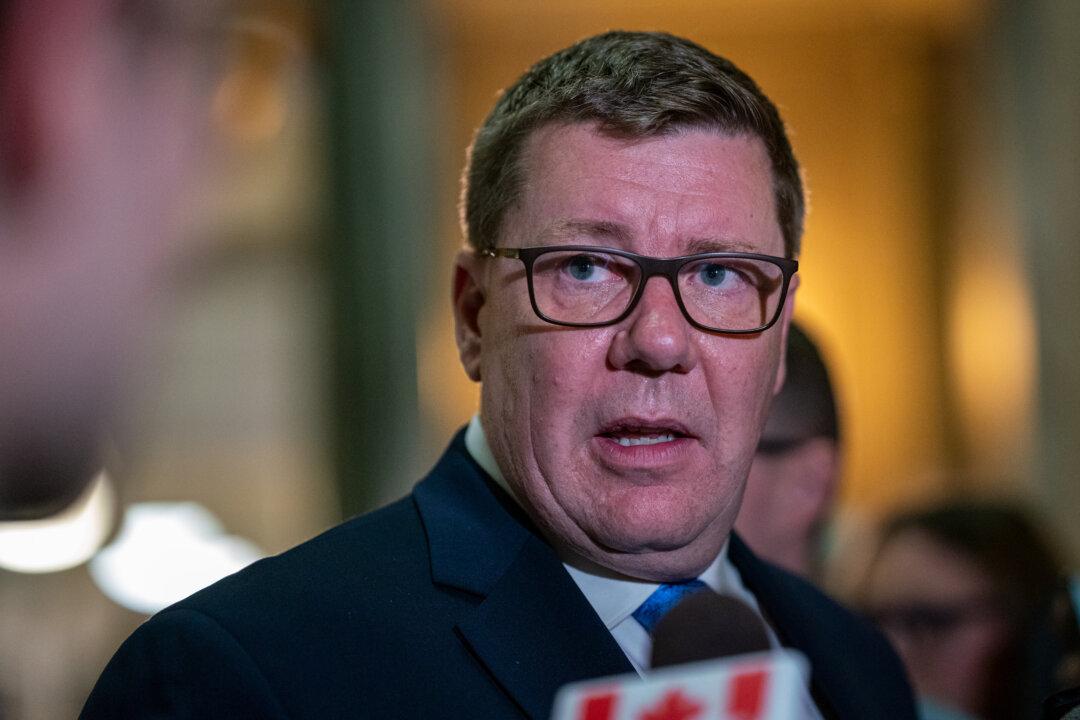Saskatchewan Premier Scott Moe said “come get me” after the federal Environment and Climate Change Minister Steven Guilbeault on May 17 said the province would be in violation of the criminal code if it continues operating coal-fired electrical generation plants post 2030.
Guilbeault on May 17 had warned Moe that it will be illegal to run coal-fired power plants after 2030 unless they are equipped with carbon capture systems. He said that the federal government has already regulated the ban on coal through the Canadian Environmental Protection Act (CEPA), which he said was a “criminal tool the federal government has,” and therefore “not complying with this regulation would be a violation of Canada’s Criminal Code.”





